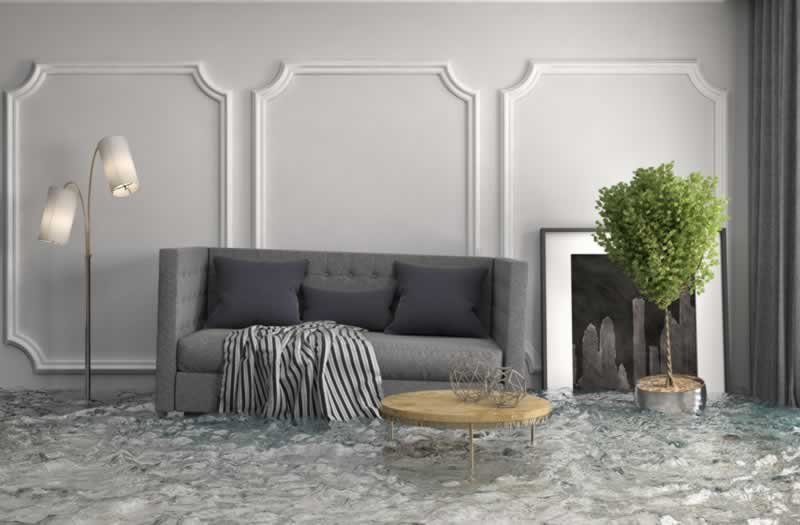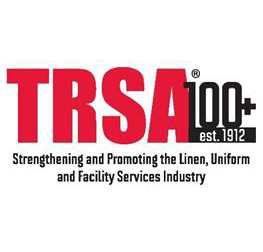One of the worst situations is the flooding of houses. Your possessions, memories and your time can be washed off by the flood. Floods can also endanger life. It is best to prepare your family and property for a natural disaster. By learning to maneuver successfully before, during and after a flood, you can save yourself and your family a lot of money and grief.
Remember that insurance may not cover everything. Follow these tips to protect yourself.
flood plain
Is your home resting on a flooded area? A professional surveyor can tell a homeowner if his home is on a flood plain. In some cities, there are zone maps with areas that can be easily flooded. A cheaper way to determine water flow is to study and observe your own home in the next rain. Note where the water collects and falls.
Flood Insurance
Check with your local insurance agent to see if your homeowner's insurance policy provides flood protection. Most have no flood clause. Insurance agents in areas with regular floods notify potential home buyers. Consider flood insurance for a small premium. Make sure you check the exact coverage and indicate what is protected. A simple ultimate guide could make your life easier.
Preparations for the regular flooding of the houses
Regardless of whether a house is near the coast or in a flooded area, the first line of defense should be the measures prepared by a homeowner. Buy and store sandbags long before a storm. Start stacking the sandbags hours before the rain or the noise of the water. A homeowner may not have enough time to take countermeasures in the event of a flash flood. Another strong option is the installation of drains. After identifying the problem areas, consider investing in drains to direct the water away from your property. Constant pool water near your home can weaken the foundation or basement. Homeowners who want to stay near large bodies of water to avoid flood damage to their property should add dikes to the property. Significant floods can still overwhelm embarkation, but this would be an extreme outlier.
Record assets
Insurance agents always want asset records to calculate damage. In general, they also want evidence of your valuables – records of their existence. Taking photos and keeping receipts on your behalf should be enough.

Protect documents
Whether in a plastic bag or in a loft safe, protecting documents in flooded homes should be a priority. Birth certificates, titles, certificates, licenses and all important documents should be in areas that cannot come into contact with water. It may take months or even years to recover these documents.
Drains and eaves
Floods can occur even when you are not in a flooded area or near a river or ocean. Clean your gutters and drains twice a year. Leaves, sediments, and other obstacles can cause water to accumulate near your foundation and drip onto the ground instead of flowing away. The water can get into the basement or crawl space and seriously damage your house. If you are looking for a house to buy, check if there are many trees nearby. Also make sure that the gutters bend so that no water collects in the middle.
Basement storage
Unless a basement has been sealed, it's probably best not to store any valuable or expensive items in the basement. Loft and upper rooms are usually dry and well insulated.
Utilities
When a flood approaches, turn off the main switch. If the water floods your house, electronics and equipment can be seriously damaged by electrocution or cause death. While human safety should come first when a person has time, they should shut down all utilities before seeking protection or higher ground. Failure to do so can result in major damage to your home, equipment, and service lines.
Create structures
One possible option for dealing with flooded houses is to lift the house off the floor. This may not be feasible for everyone, but it can prevent water from entering your home. Garages, washing machines and dryers as well as ovens can be placed on ash blocks or wooden platforms to protect them from damage. Structures such as a shed or pavilion can also be raised when they are built or installed. An outdoor HVAC system can sit on a concrete footprint to reduce water damage.
Save some money
Don't let impending flood damage everything. There are some cost-saving measures that need to be taken after the probable demise. After switching off the power supply, you can open the windows on the first floor. When the water level is high, the windows usually break during the flood. Opening the window takes the pressure off you and may save you the laborious window shopping after the flood.
Bonus tips
Your safety is paramount during a flood. Observe these safety instructions during and after a flood:
- Avoid operating a vehicle. Cars and trucks can be carried away by strong water.
- Once you have left your home, do not return to investigate the damage until local authorities say it is safe.
- Don't drink standing water. The flood has contaminated the water with deposits and chemicals from the disaster area.
- Do not wade or swim in the water. In most cases, the water is not clear and you cannot see any sharp edges or harmful residues.
- If you are at a higher level, do not touch the water or wet electronics until you know that you cannot be electrocuted.
- Wear protective clothing and sturdy shoes when cleaning. Wildlife may also be present outside of debris and chemicals.
- Bring clean drinking water and flashlights during and after a flood.
- Track weather information and safety reports in a safe place.
A flood of knowledge
After knowing some tips for dealing with flooded homes, you can make the right decisions for yourself and your family. There's no need to build a boat, but an emergency plan is a start.




